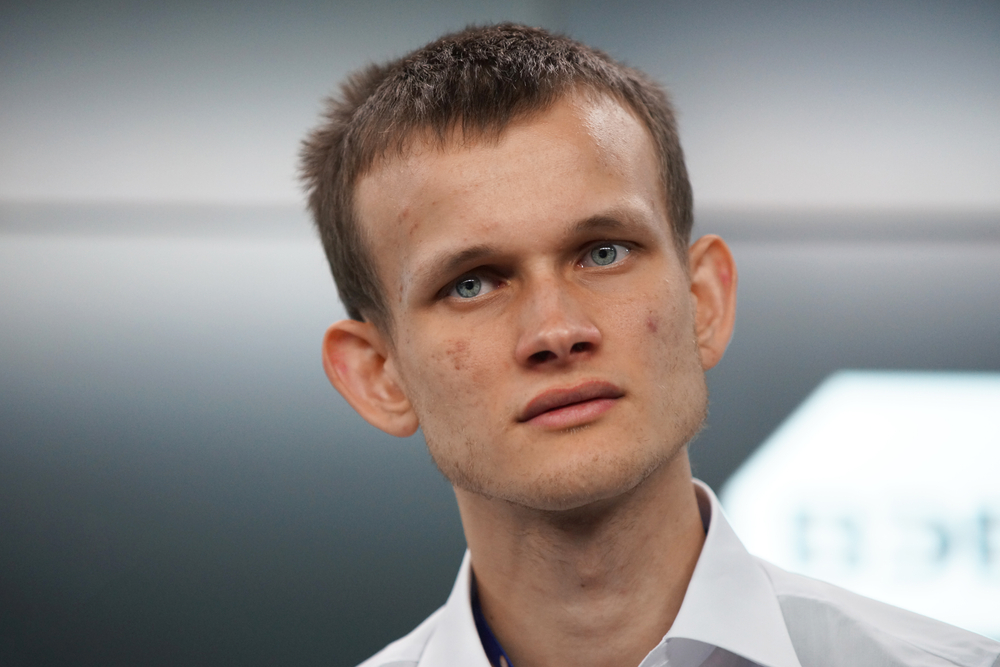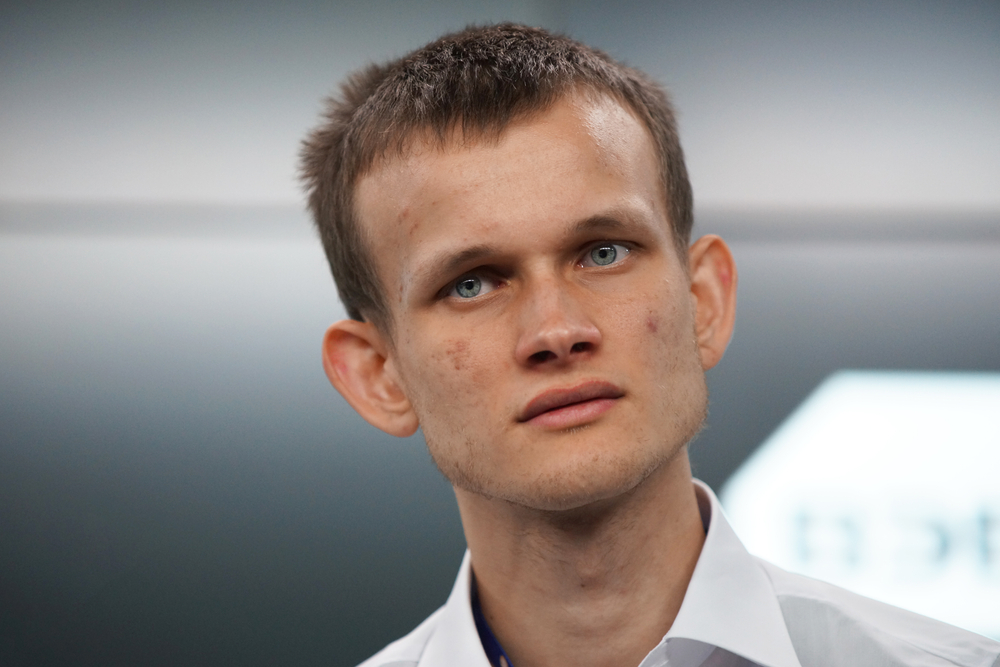Ethereum Founder Vitalik Buterin Credits Ordinals NFTs for Reviving a “Builder Culture” on Bitcoin

Ethereum co-founder Vitalik Buterin has shared insights regarding new developments on the Bitcoin blockchain.
In a July 7 Twitter Spaces session, Buterin spoke with Bitcoin proponents Eric Wall and Udi Wertheimer, suggesting a thing or two Bitcoin could learn from Ethereum developers.
The co-founder said the advent of Bitcoin Ordinals, the Bitcoin layer for NFTs, revived the “builder culture” on the network.
Buterin Suggests Ways to Expand Bitcoin Functionality Without Compromising Scalability
Buterin hailed Ordinals and the BRC-20 token standard, which he views as a shift away from the stagnant politics in the Bitcoin ecosystem.
He said that ordinals are starting to bring back a culture of actually doing things.
The Ethereum co-founder believes the advent of Bitcoin Ordinals is a pushback to the “laser-eye” Bitcoin Maxi movement, which he thinks is good. The lengthy conversation focused on scalability issues.
Contributing to the topic, Wall claimed the Bitcoin Lightning Network is inadequate for future scalability and often fails when processing medium-sized payments.
In response to Wall’s comment, Buterin recommended the developers focus on implementing various layer-2 solutions. He also suggested the developers seek ways to make the Bitcoin base layer more efficient.
“I think focusing on rollups is good, and so being open to ZK-snark-based scaling solutions,” Buterin said.
Concurring with Buterin, Wertheimer believed introducing zero-knowledge rollups could create a beneficial effect on the Bitcoin network.
Wertheimer said If we adopted rollups for Bitcoin, we get an execution environment too, and we can add smart contracts.
Bitcoin Maxis React
For context, Wall and Wertheimer are two figureheads behind the Ordinals project Taproot Wizards.
Both Bitcoin proponents have been staunch advocates of Ordinals, often pushing for increasing Bitcoin network functionality.
However, their stance attracted criticism from Bitcoin fundamentalists who claim Smart Contracts and NFTs dilute Bitcoin’s primary peer-to-peer cash functionality.
These critics include Samson Mow, Jan3 CEO, who believes Ordinals are a waste of block space that could go for Bitcoin payments.
Reacting to the criticisms, Wall explained that Bitcoin could work as a proof system for zero-knowledge proofs, which won’t congest the network.
Wall said:
My perspective is, we Bitcoiners always wanted to do DeFi adjacent things, but we wanted the Bitcoin base layer to act as sort of a Judge or an arbiter of the computation and not have to run the computation on-chain.
Wall noted that second layers don’t have to be only for payments but can also serve other purposes.
As expected, this discussion stirred controversy in the Bitcoin community. Wertheimer slammed Mow and Adam Back, Blockstream CEO, for standing against the conversation with Buterin.
Wertheimer tweeted saying these two laser-eyed clowns have been running Blockstream into the ground for the last decade. In ten years, that company couldn’t produce a single successful product.
Yet they think they have nothing to learn from Ethereum.



